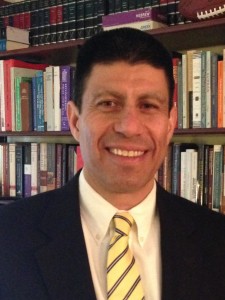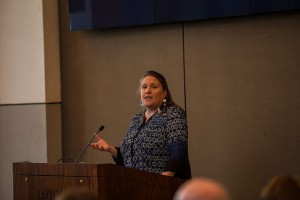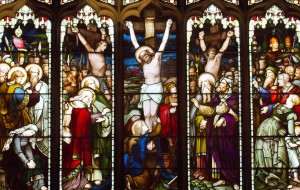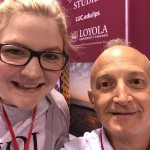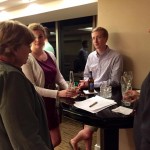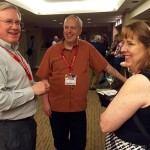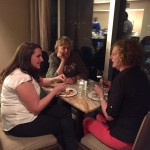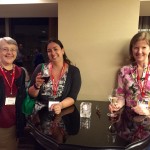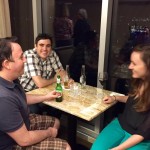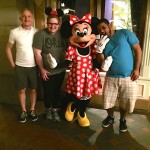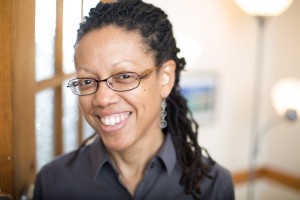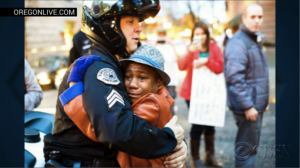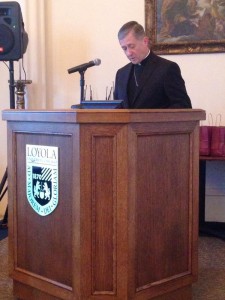IPS has had so much success with the Hispanic Ministry efforts of our Parish Leadership and Management Programs that we are expanding our efforts. As part of the expansion, we have been fortunate enough to hire Felipe Legarreta-Castillo, Ph.D. as the instructor for the Spanish language Bible Study program, which will add other parish ministry sites to that currently operating at the Shrine of Our Lady of Guadalupe in Des Plaines.
Legarreta-Castillo has been a student, adjunct faculty member and most recently, a chaplain at Loyola University Chicago. As he continues his work at Loyola IPS, we ask your help in welcoming him to our IPS family as a full time faculty member.
Get to know a little more about him in the Q&A below.
Hometown: Chihuahua, Mexico
What do you enjoy doing in your free time? Sports: Triathlons, Basketball, Kayaking
What is a fun fact about you?
Well, I have a pet, a bilingual non-German speaking German Shepherd called Apache who came from Mexico, and now has an identity crisis.
You know several languages (ancient and modern), which one has been the most difficult to learn?
German, I studied the language, but I still do not understand why it takes several pages to write one sentence. By the time I get to the next page, I forget what I read on the first page.
*For those curious, he knows: Biblical Hebrew and Greek, Ecclesiastical Latin, Spanish, English, Italian, French and German.
What about Loyola makes you want to continue to be a part of it?
It is a Catholic Jesuit University with the highest academic standards seeking God in all things to the service of all, especially the underprivileged. AMDG!
What are you looking forward to most about being the instructor for the Spanish Biblical Theology courses?
Transforming peoples and communities through the reading, interpretation, proclamation and celebration of God’s salvation as found in the Scriptures in order to form one Community, the children God.
What previous education or experience has best prepared you for this role?
My studies at Loyola and teaching Bible here in Chicagoland and before in Mexico.
Do you have a mentor(s) or experience(s) in your life that helped shape who you are today?
God’s people, every community I have served and worked with. They have revealed to me God’s love and compassion in a humble and pristine way.
What do you consider your biggest accomplishment so far (personally or professionally)?
Every accomplishment has been simply another step forward in my journey of service and love. Thus, we really never “complete” loving and serving: it is a journey until we meet our Creator, our Father, then all will be accomplished in Christ.
Join the conversation by following @BrianSchmisek on Twitter and @LoyolaIPS on Instagram! Also, network with the Loyola Chicago IPS community on LinkedIn.
